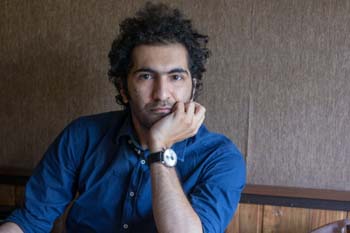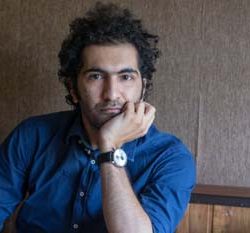Menu
A forward-looking behavioural decision-making theory
'A forward-looking behavioural decision-making theory'
About the whitepaper
Research on search, choice and decision-making has long been divided into two branches: a branch with based on consequential logic; a second branch with behavioral logic which seemingly pre-empts human decision based on future.
The major common criticism for both branches is that these two don’t describe and prescribe forward-looking decision-making, with consequential logic branch assuming a constant past moving ahead and hyper-rationality; and behavioral approach emphasizing past-oriented, experiential decision-making. As a result, what we know about decision-making now is local, incremental, and inertial decision-making based on the past experience.
This paper draws from sociology to put forward a normative and descriptive theory of forward-looking search based on social cognition. It is useful to practitioners and researchers as it shows ways to make decisions that are rooted in the future.
About the Trailblazer

Dr Ali Radfard

Dr Radfard’s research falls in the nexus among organization theory, organizational behavior and strategic management with a social-psychological theme. It is motivated by social construction of reality. Focusing on corporate governance decision-makers, his research unites two strands of significant contribution to behavioral governance inquiry: the boundedly-rational learning based on behavioral theory of the firm, and the self-regulation based on social cognition.
In his work, Dr Radfard uses a mix of techniques including, field experiments, survey design, computational sociology and content analysis, factor analysis, conventional regression analysis, mediation analysis, simultaneous equations modelling, and agent-based modelling.

























